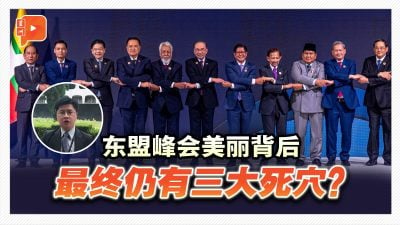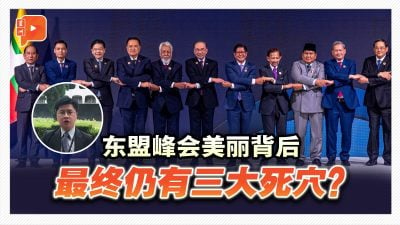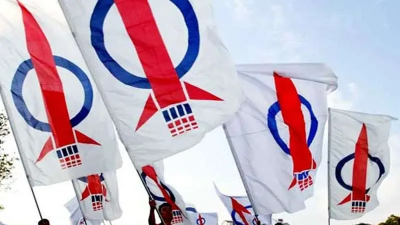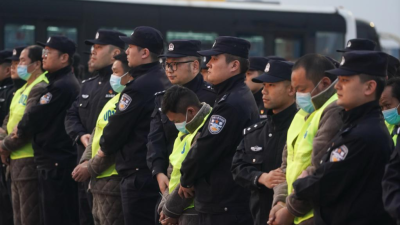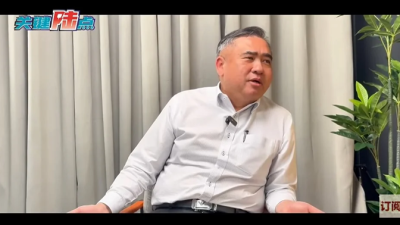
Turkiye’s willingness to contribute troops to a proposed International Stabilization Force in Gaza has drawn wide international attention. The devastation in Gaza is immense, and any credible effort to stabilise the territory appears urgent.
Turkiye’s readiness looks decisive and humanitarian-driven.
But readiness is not the same as legality.
Until the United Nations provides the necessary mandate, Turkiye cannot move from preparation to deployment. And this distinction is crucial for ASEAN to understand.
Reports from Ankara point to a high level of internal readiness. Turkiye is said to be assembling a brigade-sized formation of 2000 troops.
This includes engineers, logistical experts, medical teams and explosive ordnance disposal units. Such specialised personnel signal a mission primarily designed for reconstruction rather than coercion.
The proposed force is tied to a U.S.-brokered Gaza peace plan.
Washington envisions a multinational presence to support humanitarian access, rebuild infrastructure and stabilise Gaza during a transition period. But the plan remains political, not legal.
It does not yet have the authority of a United Nations Security Council mandate.
Turkiye is aware of this constraint. Ankara has repeatedly stated that any deployment must be grounded in a clear UN resolution.
Without that resolution, Turkiye would risk violating international law. It would also risk being perceived as acting unilaterally in one of the world’s most sensitive political theatres.
Israel’s outright rejection of a Turkish role adds further difficulty.
Tel Aviv does not trust Turkiye’s political stance on Gaza. That distrust complicates Washington’s efforts to assemble a broad multinational force. If one of the core actors on the ground rejects a key contributor outright, operational planning becomes extremely uncertain.
Turkiye has also clarified its intentions. Ankara insists the mission must be humanitarian in nature. It does not want the ISF to become an armed mechanism to force disarmament on Hamas or any other Palestinian faction.
Such a mandate would require Chapter Seven authorisation. That level of authority is unlikely to pass through a divided Security Council.
There are credible reports that Turkiye has begun identifying troops and specialists across its armed forces. But internal mobilisation does not override the legal limitations. Without a UN mandate defining command structures, rules of engagement and mission scope, the forces cannot enter Gaza under international law.
The latest Security Council resolution endorsed elements of the U.S. peace plan. But endorsement is not authorisation. It outlines political intentions, not operational permissions.
Peacekeeping requires clarity, and that clarity is still absent.
This is why ASEAN should pay attention. The Gaza conflict influences public sentiment throughout Southeast Asia, especially in Muslim-majority states.
A mission without legal grounding could trigger diplomatic controversy. It could also undermine long-standing ASEAN principles of international law and non-interference.
ASEAN must recognise that genuine humanitarian missions depend on legitimacy. Stability cannot be delivered by enthusiasm alone. Turkiye may be prepared, but Gaza is not legally ready.
Until the United Nations completes the mandate — with clear authority, defined responsibilities and international consensus — no deployment can proceed. Turkiye’s readiness is real. But legality must come first.
(Dr Phar Kim Beng is Professor of ASEAN Studies, International Islamic University Malaysia, and Cambridge Commonwealth Scholar.)
ADVERTISEMENT
ADVERTISEMENT









